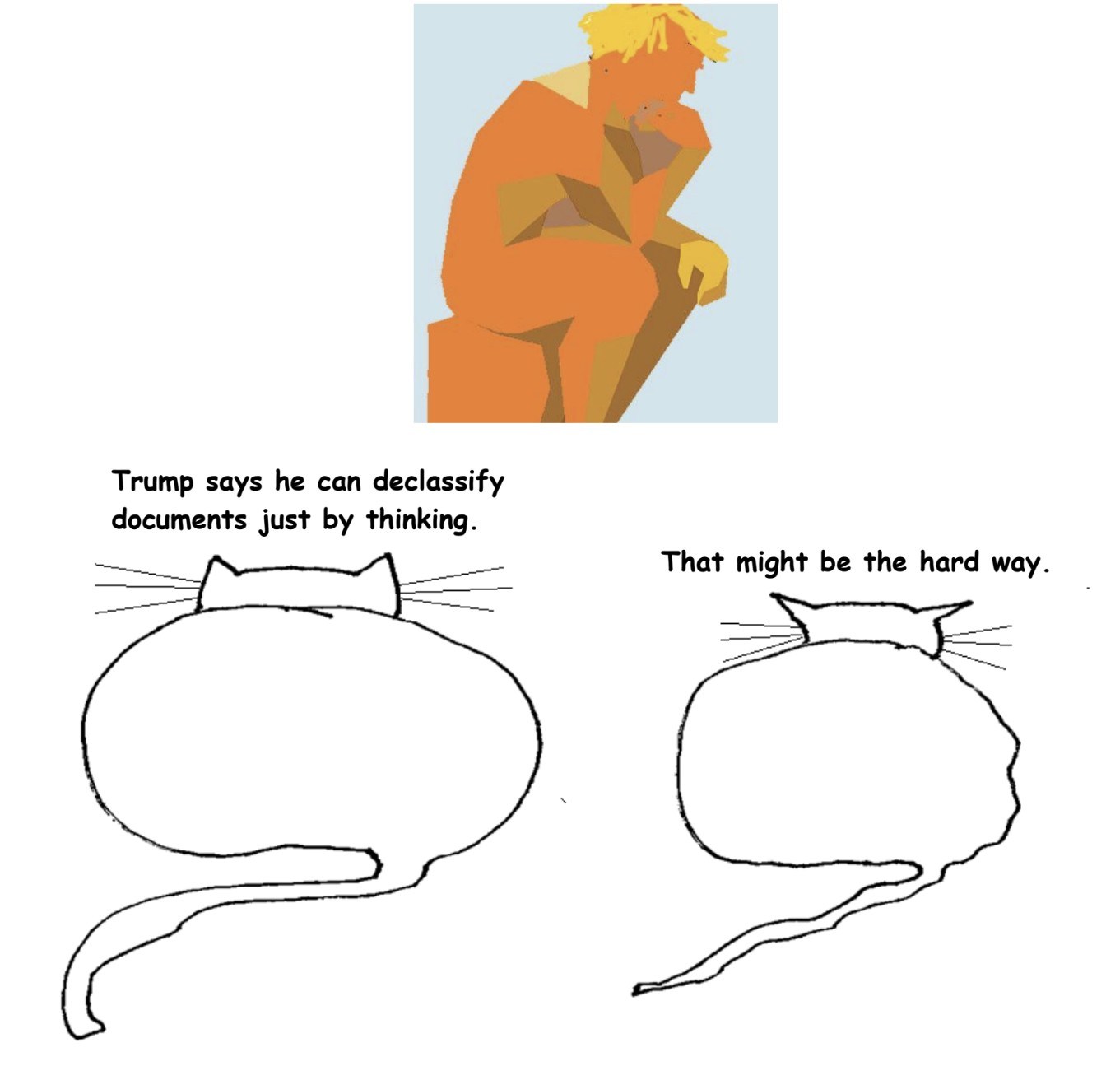by Varun Gauri

Effective altruism is having a moment. Books in the field are getting prominent reviews, the Effective Altruism Global conference took place in Washington DC this past weekend, and the movement now has the backing of at least a couple tech billionaires. Not bad for a social movement that celebrates self-sacrifice.
The basic agenda of effective altruism (EA) is that people should a) give to charities; b) give to organizations and in ways that are the most effective, usually understood to be providing the most bang for the buck; c) give as much as they can, up to the point where they begin to sacrifice something of real moral importance.
Most people would agree that it’s good to give and silly to give to hopeless causes. But EA has a particular understanding of effectiveness: One should give to charities that save the most lives or reduce the most suffering, per dollar spent. The rationale for this argument is that the goal of giving (and perhaps of ethical action altogether) is to alleviate suffering and loss, irrespective of the identities of the sufferer and the donor. The goal of giving is not to make yourself feel good by supporting friends and family, your alma mater, a pet cause, or a cute child who happens to resemble your niece. The idea is to give with your head, not with your heart. Because needs are great in developing countries, and the cost of saving a life is so much lower, the upshot is that people should give mostly to organizations that effectively improve the lives of impoverished strangers in faraway places.
Most people would also agree that it’s good to give as much as you can. People praise saints and admire genuine philanthropists. EA, however, argues that everyone should give until they sacrifice something morally important. The reason you should give so much is that you, after all, are just another person, so you should compare the pain from spending marginally less on your own life (fewer dinners out, no luxury brands) to the benefit of spending more on the faraway impoverished stranger (averting episodes of life-threatening malaria, preventing blindness). Obviously, your own money is better spent elsewhere.
I don’t believe that any single theory has a monopoly on sound ethical reasoning. Following EA to its logical conclusions leads to some unsettling inferences. Suppose person A is extremely poor, severely disabled, very sick, and socially marginalized, so much so that charitable giving has little chance of enhancing or prolonging their life. Person B is not as poor, needs cataract surgery, and has access to (but can’t afford) health care. EA might argue that giving to charities promoting the life of person B is always preferable to giving to charities that target person A, given that person A’s quality of life can’t be improved. I’m uneasy with that conclusion because I think resources (and especially government programs) are valuable not only for the suffering they reduce; they are also a signal of respect, a recognition of human dignity, and a commitment to community and social inclusion.
In the mid to late 1990s, I was evaluating the World Bank’s HIV/AIDS programs in Brazil. In 1996, Brazil had begun to provide antiretroviral “cocktails” at a cost of more than $10,000 per patient per year. Many economists, writing at that time, were critical of the decision. They argued that HIV/AIDS spending should go almost entirely to prevention, rather than treatment, because, per dollar spent, one could avert more cases, and save more lives, with condom distribution than antiretroviral therapy.
Traveling across the country, I saw that access to treatment seemed to be making prevention efforts more effective — when vulnerable individuals and activists experienced hope and dignity, which treatment signified for them, they became more engaged in their own lives, and put more effort into prevention programs both for themselves and on behalf of others. Access to treatment helped to crystallize the Brazilian HIV/AIDS and human rights movement. That movement would eventually play a critical role in lobbying for expanded domestic production of HIV/AIDS medications in Brazil. It also helped inspire the international effort to permit developing countries to circumvent international patent restrictions on the production of generic drugs. Not only Brazil but Thailand, South Africa, and India began producing low-cost AIDS treatments. As a result, the price of those antiretroviral therapy quickly fell to less than a few hundred dollars per patient per year, a price that facilitated HIV/AIDS treatment in places as resource-poor as Haiti and Rwanda.
I’m broadly sympathetic to EA. I believe in reducing charity for vanity projects, like named university buildings or concert halls, and more generally, in making charitable giving more effective. I also believe that people should give more to distant strangers, and that if they did so the world would be a better place. Still, I suspect my work experience in Brazil points to a blind spot in EA. In the long run, most people want help not from strangers but from friends. They not only seek the mitigation of their suffering but the security that it won’t return; they want a measure of social recognition and the guarantees that go with it. The logic of EA, and its accompanying cost-effectiveness calculations, seem most suited to remaining a stranger, not a friend, to the people one is trying to help.
At least one or two of the big EA donors are investing in politics. But a political campaign is not a social movement. Social movements, like the one around HIV/AIDS in Brazil, could help tackle some of the major structural barriers that disadvantage poor people in developing countries. Those include odious debt (the sovereign debt taken on by corrupt and odious leaders, which citizens are obligated to repay), tax havens in rich countries that allow local capital to escape taxation, intellectual property rules raising costs and limiting innovation in developing countries, and the arms trade, to name a few. Those are complex challenges that will not, I believe, be resolved without significant social transformation and a new species of solidarity, which is a kind of friendship.
 At a recent tournament sponsored by the St. Louis Chess Club, 19-year old Hans Niemann rocked the chess world by defeating grandmaster Magnus Carlson, the world’s top player. Their match was not an anticipated showdown between a senior titan and a recognized rising phenom. The upset came out of nowhere.
At a recent tournament sponsored by the St. Louis Chess Club, 19-year old Hans Niemann rocked the chess world by defeating grandmaster Magnus Carlson, the world’s top player. Their match was not an anticipated showdown between a senior titan and a recognized rising phenom. The upset came out of nowhere.
 They all want it: the ‘digital economy’ runs on it, extracting it, buying and selling our attention. We are solicited to click and scroll in order to satisfy fleeting interests, anticipations of brief pleasures, information to retain or forget. Information: streams of data, images, chat: not knowledge, which is something shaped to a human purpose. They gather it, we lose it, dispersed across platforms and screens through the day and far into the night. The nervous system, bombarded by stimuli, begins to experience the stressful day and night as one long flickering all-consuming series of virtual non events.
They all want it: the ‘digital economy’ runs on it, extracting it, buying and selling our attention. We are solicited to click and scroll in order to satisfy fleeting interests, anticipations of brief pleasures, information to retain or forget. Information: streams of data, images, chat: not knowledge, which is something shaped to a human purpose. They gather it, we lose it, dispersed across platforms and screens through the day and far into the night. The nervous system, bombarded by stimuli, begins to experience the stressful day and night as one long flickering all-consuming series of virtual non events.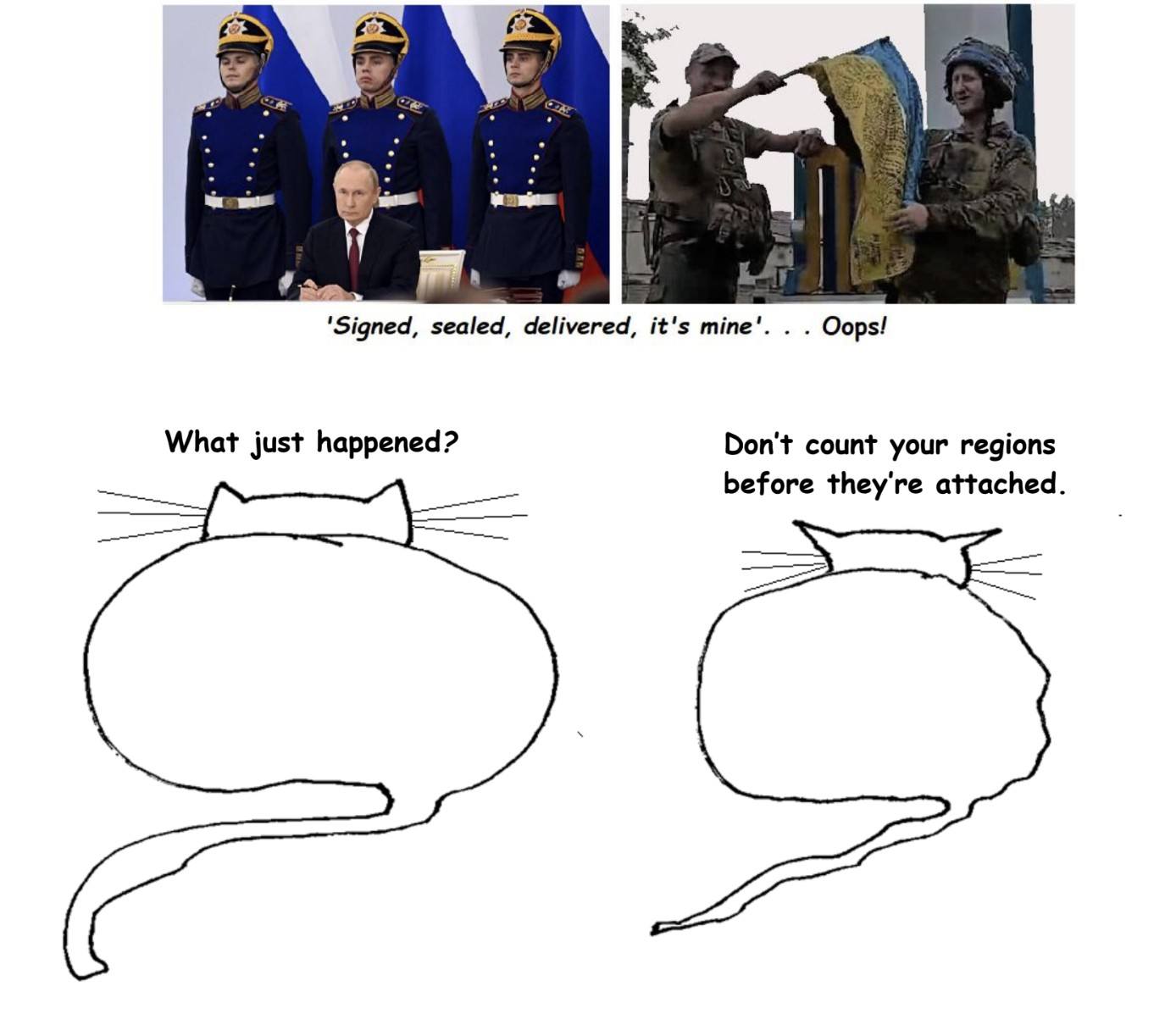
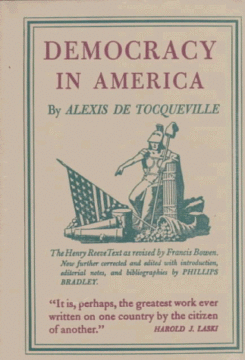
 Today “skepticism” has two related meanings. In ordinary language it is a behavioral disposition to withhold assent to a claim until sufficient evidence is available to judge the claim true or false. This skeptical disposition is central to scientific inquiry, although financial incentives and the attractions of prestige render it inconsistently realized. In a world increasingly afflicted with misinformation, disinformation, and outright lies we could use more skepticism of this sort.
Today “skepticism” has two related meanings. In ordinary language it is a behavioral disposition to withhold assent to a claim until sufficient evidence is available to judge the claim true or false. This skeptical disposition is central to scientific inquiry, although financial incentives and the attractions of prestige render it inconsistently realized. In a world increasingly afflicted with misinformation, disinformation, and outright lies we could use more skepticism of this sort.

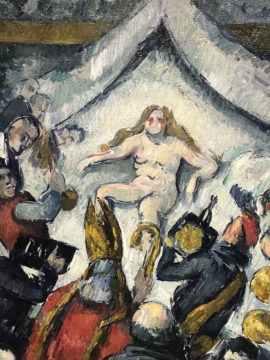 If you look at my profiles online, they are catered to appear normal, if dated. I haven’t posted very much over the past few years, and those that I have posted have been relatively mundane, which mark the relatively mundane moments of my life. They’re honest and small, like a photo of the street as I walk to school, or a picture of my friends at a park. My profile molds itself to match me.
If you look at my profiles online, they are catered to appear normal, if dated. I haven’t posted very much over the past few years, and those that I have posted have been relatively mundane, which mark the relatively mundane moments of my life. They’re honest and small, like a photo of the street as I walk to school, or a picture of my friends at a park. My profile molds itself to match me.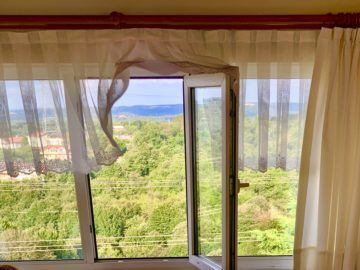 Before I met Hayat Nur Artiran, I had only had a raw understanding of what female selfhood may look like, a notion I have been attempting to refine in my writings over many years. Here, at the Mevlevi Sufi lodge in Istanbul, I received a lifetime’s worth of illumination about the power of the spirit in the company of Nur Hanim, beloved Sufi Hodja and the President of the Sefik Can International Mevlana Education and Culture Foundation. A researcher, author and spiritual leader on the Sufi path known as the Mevlevi order (based on the teachings of Maulana Jalaluddin Muhammad Balkhi Rumi, known in the West simply as the poet Rumi), Nur Hanim’s accomplishments shine a light on an ethos that has transformed hearts for nearly a millennium. More instrumental than personal achievement in this case, is the Sufi substance and finesse that Nur Hanim has nurtured in the running of this Mevlevi lodge. Spending a day here, on my most recent visit to Istanbul, I came to experience what I had thought possible, based on my Muslim faith, but had never witnessed before: men and women coexisting, learning, working and serving in harmony, a place where one forgets the ceaseless tensions between genders, generations, ethnicity, or those caused by differences in religious beliefs or the self-worshipping individualism that has become the insignia of modernity.
Before I met Hayat Nur Artiran, I had only had a raw understanding of what female selfhood may look like, a notion I have been attempting to refine in my writings over many years. Here, at the Mevlevi Sufi lodge in Istanbul, I received a lifetime’s worth of illumination about the power of the spirit in the company of Nur Hanim, beloved Sufi Hodja and the President of the Sefik Can International Mevlana Education and Culture Foundation. A researcher, author and spiritual leader on the Sufi path known as the Mevlevi order (based on the teachings of Maulana Jalaluddin Muhammad Balkhi Rumi, known in the West simply as the poet Rumi), Nur Hanim’s accomplishments shine a light on an ethos that has transformed hearts for nearly a millennium. More instrumental than personal achievement in this case, is the Sufi substance and finesse that Nur Hanim has nurtured in the running of this Mevlevi lodge. Spending a day here, on my most recent visit to Istanbul, I came to experience what I had thought possible, based on my Muslim faith, but had never witnessed before: men and women coexisting, learning, working and serving in harmony, a place where one forgets the ceaseless tensions between genders, generations, ethnicity, or those caused by differences in religious beliefs or the self-worshipping individualism that has become the insignia of modernity.  May of 1851, London, the world’s first World’s Fair.
May of 1851, London, the world’s first World’s Fair. What all went inside? Apart from the full-grown trees and gallant blocks of statuary, a quick glance at a single page of the Exhibition’s
What all went inside? Apart from the full-grown trees and gallant blocks of statuary, a quick glance at a single page of the Exhibition’s  Another cultural benefit of my travels, particularly in early days, used to be my exploration of international cinema. I have already mentioned how going out of India I became exposed to a riot of European art films. In later years I also saw some superb art films from Argentina, Brazil, Japan, Iran, South Korea, and Taiwan. In the US in many cities some of these art films were not always easily available, and I sometimes saw them in visits to New York or London, though with some lapse of time Pacific Film Archive in the Berkeley campus showed some good international films. Every time I went to Kolkata my friend Samik Banerjee told me about the new Bengali art films that came out in the months I was away and sometimes took me to their special screenings. Through him I came to know some of the major film directors and actors in Kolkata. Meanwhile the quality of American films improved a great deal. But the general commercial film world in the US largely catered to adolescent fantasy worlds or antics of superheroes from comic books or dystopian science fiction, none of which held much attraction for me. Even in more grown-up American films one often missed the sharp, witty, historically informed, and politically engaged conversation of friends and also a kind of cerebral sexuality that I used to associate with French films, for example– a character in Godard’s film Contempt famously said in bed: “I love you totally, tenderly, tragically”.
Another cultural benefit of my travels, particularly in early days, used to be my exploration of international cinema. I have already mentioned how going out of India I became exposed to a riot of European art films. In later years I also saw some superb art films from Argentina, Brazil, Japan, Iran, South Korea, and Taiwan. In the US in many cities some of these art films were not always easily available, and I sometimes saw them in visits to New York or London, though with some lapse of time Pacific Film Archive in the Berkeley campus showed some good international films. Every time I went to Kolkata my friend Samik Banerjee told me about the new Bengali art films that came out in the months I was away and sometimes took me to their special screenings. Through him I came to know some of the major film directors and actors in Kolkata. Meanwhile the quality of American films improved a great deal. But the general commercial film world in the US largely catered to adolescent fantasy worlds or antics of superheroes from comic books or dystopian science fiction, none of which held much attraction for me. Even in more grown-up American films one often missed the sharp, witty, historically informed, and politically engaged conversation of friends and also a kind of cerebral sexuality that I used to associate with French films, for example– a character in Godard’s film Contempt famously said in bed: “I love you totally, tenderly, tragically”.
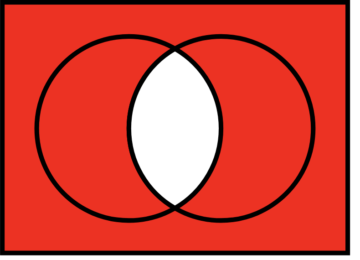
 What does the word “utopia” mean to the battle-scarred denizens of the twenty-first century? A shockingly unscientific survey of the nine or ten people I buttonholed last week suggests that the key connotations of the word are: ideal, perfect, imaginary, unrealistic, and unattainable. I’ve arranged these terms purposefully in that order, so that they imply not a static and fixed definition but rather a narrative arc, a falling away from hope into disappointment: all of the people I spoke to (students and colleagues at the large Southern state-flagship university where I teach, so a fair cross-section of ages, races, ethnicities, and genders) firmly believed that the word “utopia” denotes an unrealistic or quixotic goal. It’s not my thesis here that disappointment is the necessary fate of any utopian project, but it might be a provisional thesis that most people living in Western cultures today think that it is.
What does the word “utopia” mean to the battle-scarred denizens of the twenty-first century? A shockingly unscientific survey of the nine or ten people I buttonholed last week suggests that the key connotations of the word are: ideal, perfect, imaginary, unrealistic, and unattainable. I’ve arranged these terms purposefully in that order, so that they imply not a static and fixed definition but rather a narrative arc, a falling away from hope into disappointment: all of the people I spoke to (students and colleagues at the large Southern state-flagship university where I teach, so a fair cross-section of ages, races, ethnicities, and genders) firmly believed that the word “utopia” denotes an unrealistic or quixotic goal. It’s not my thesis here that disappointment is the necessary fate of any utopian project, but it might be a provisional thesis that most people living in Western cultures today think that it is. which it affects everyday German speech will only become apparent in hindsight, after its traces are already securely imbedded in the language. In Europe, the immigrant presence rarely finds acknowledgement in high culture, but you can see it wielding its influence on popular culture in subversive ways. The Turkish ghetto identity, which developed in response to the discrimination a younger, German-born generation of second- and third-generation migrant worker families continues to face there, particularly in the wake of German Reunification and the deadly xenophobic attacks that followed, has always identified heavily with Black American subculture. The Turkish-German assimilation of Hip Hop and Rap was seamless: it gave them a language, dealt embarrassing blows to German political correctness and its many blind spots, incorporated taboo themes otherwise held to be racist, sexist, or anti-Semitic, and posed questions that cultural commentators, at a complete loss, are still largely trying to evade.
which it affects everyday German speech will only become apparent in hindsight, after its traces are already securely imbedded in the language. In Europe, the immigrant presence rarely finds acknowledgement in high culture, but you can see it wielding its influence on popular culture in subversive ways. The Turkish ghetto identity, which developed in response to the discrimination a younger, German-born generation of second- and third-generation migrant worker families continues to face there, particularly in the wake of German Reunification and the deadly xenophobic attacks that followed, has always identified heavily with Black American subculture. The Turkish-German assimilation of Hip Hop and Rap was seamless: it gave them a language, dealt embarrassing blows to German political correctness and its many blind spots, incorporated taboo themes otherwise held to be racist, sexist, or anti-Semitic, and posed questions that cultural commentators, at a complete loss, are still largely trying to evade. Sughra Raza. Public Garden Water Feature, Boston. June 2022.
Sughra Raza. Public Garden Water Feature, Boston. June 2022.

